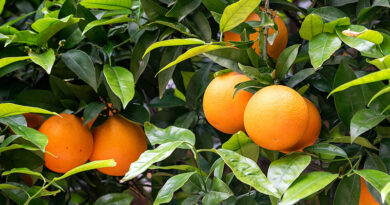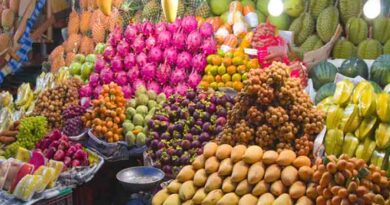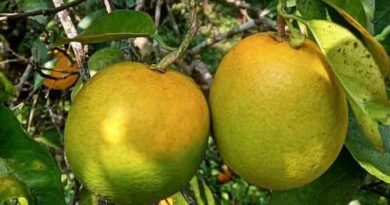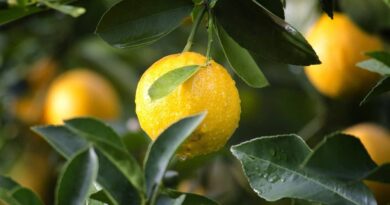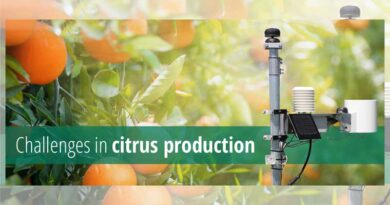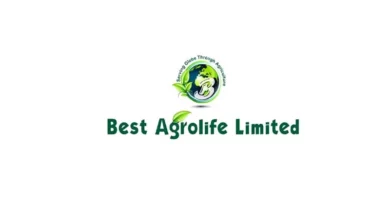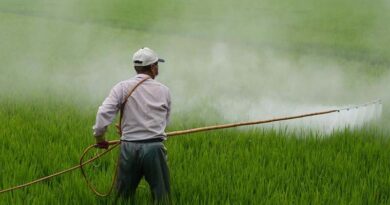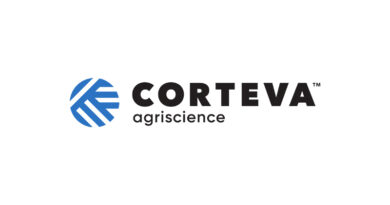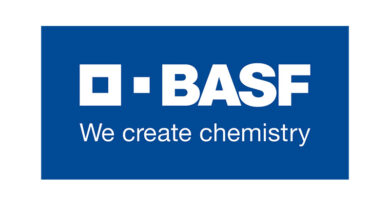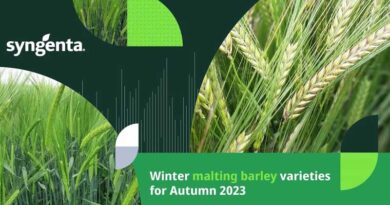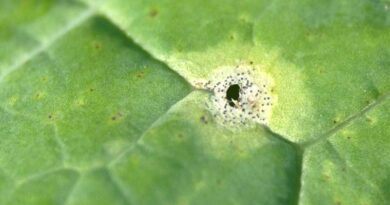UF hopes to speed solutions to citrus greening, other crop diseases with new center
09 November 2023, Florida: University of Florida scientists plan to utilize $2 million from an initiative by UF President Ben Sasse for a Crop Transformation Center to help Florida farmers improve production of citrus and specialty crops.
For now, front and center among goals for the center is to find citrus varieties that can tolerate or even resist citrus greening disease, also known as Huanlongbing (HLB).
Growers are looking for solutions to the disease, which has caused a 70 percent to 80 percent reduction in production to Florida’s signature crop.
The center objectives include:
- Developing rapid genome improvements for citrus.
- Leveraging artificial intelligence to discover new gene functions to identify targets for genetic modification.
- Use clear communication and engagement with regulatory agencies to increase the transparency of the approval process.
- Infuse social science to ensure rapid adoption of new technologies among growers and the public.
- Effectively communicate to the public.
Eric Triplett, chair of the UF/IFAS Microbiology and Cell Science Department, founded the center as a cornerstone to get HLB-tolerant cultivars to growers faster.
“We’ve long recognized that breeding is the Swiss Army knife of agricultural science. With the right genetic crop modifications, we can solve almost any challenge in growing food. The center will allow us to much more effectively employ biotechnology tools to increase the speed and accuracy of our plant breeding,” said Scott Angle, UF’s interim provost and senior vice president for agriculture and natural resources, who has for the past three months been meeting with citrus industry leaders to garner support and input on goals for the center.
“We already have the nation’s leading university plant breeding program, and the center will turbocharge those efforts. We’ll start with citrus because that is a commodity in crisis. But I see the center’s portfolio rapidly expanding to include other crops in which Florida is the number one producer nationally (including Valencia oranges, sweet corn and watermelon) as well as crops where we could become a national or international leader—producing jobs and revenue—if we can develop the right varieties for Florida production.”
Charlie Messina, director of the center and a UF/IFAS professor of horticultural sciences, said it will take scientists from many disciplines to bring solutions to stakeholders.
“This center creates a nexus where state-of-the-art capabilities will enable transdisciplinary UF scientists, breeders and international partners to develop tools and create cultivars to spur economic growth, while improving human well-being and environment health,” Messina said.
Scientists see developing varieties that tolerate or resist greening as the best way to overcome the disease. Toward that goal, there’s increasing consensus to use horticultural technologies thought to be impractical until recently, according to a presentation by Triplett.
Triplett is working with Messina to hire two faculty in the immediate future, which will have working space both in Gainesville and at the Citrus Research and Education Center in Lake Alfred.
“We will build a center for intellectual and practical progress toward plant improvement that is based primarily on Florida crops – with an initial emphasis on greening — given that industry’s urgent need for citrus greening disease solutions,” Triplett said.
Triplett is already working with fellow UF/IFAS microbiologist Zhonglin Mou to commercialize Mou’s HLB-tolerant, transgenic line of citrus.
“It became clear early on that there was a broad consensus around Zhonglin’s suggestion that we form a Crop Transformation Center,” Triplett said.
The $2 million covers two years of research and facilities upgrades. In that time, UF/IFAS staff will build a lot of the infrastructure needed for the center, including greenhouses, growth chambers, supplies and personnel. Simultaneous to building facilities and hiring staff, scientists will conduct research.
After the facilities are in place, research will start in earnest, and other funding will be sought to sustain it over time, Triplett said.
Many UF/IFAS scientists have already expressed interest in working with the center, including plant breeders, geneticists, microbiologists, crop physiologists, agronomists and entomologists.
But as Triplett said, “any UF scientist interested in making plant genome alterations is welcome to work with the center. Over time, the services of the center may be offered to scientists outside of UF.”
Also Read: Hidden costs of global agrifood systems worth at least $10 trillion
(For Latest Agriculture News & Updates, follow Krishak Jagat on Google News)


